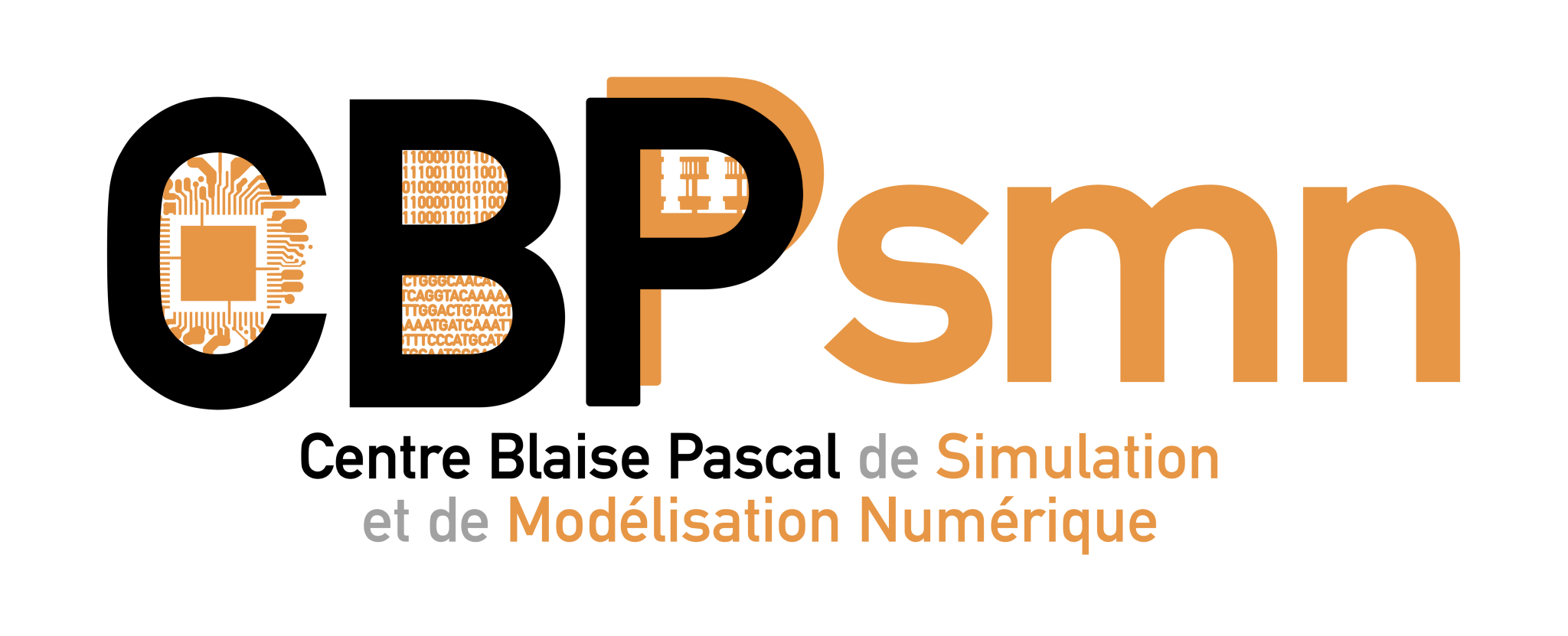Différences
Ci-dessous, les différences entre deux révisions de la page.
|
animation:workshops:2013:plasma [2013/04/19 14:11] sbarends [Shocks, Reconnection, and Particle Acceleration in Plasma-fluids] |
animation:workshops:2013:plasma [2015/01/07 10:04] |
||
|---|---|---|---|
| Ligne 1: | Ligne 1: | ||
| - | * [[animation:workshops:2013:accueil|Workshops 2013]] | ||
| - | |||
| - | ====== Shocks, Reconnection, and Particle Acceleration in Plasma-fluids ====== | ||
| - | |||
| - | {{:animation:workshops:2013:plasmalogo.jpeg?nolink&200 |}} | ||
| - | Centre Blaise Pascal, ENS-Lyon, France \\ | ||
| - | June 20-21, 2013 \\ | ||
| - | [[http://plasma2013.sciencesconf.org/|Website of the workshop]] | ||
| - | |||
| - | |||
| - | Organizing committee: | ||
| - | * **Rolf Walder**, CRAL, École normale supérieure de Lyon | ||
| - | * **Christophe Winisdoerffer**, CRAL, École normale supérieure de Lyon | ||
| - | |||
| - | Administrative coordination: | ||
| - | * **Samantha Barendson**, CBP, ENS de Lyon, France (samantha.barendson @ ens-lyon.fr) | ||
| - | |||
| - | The workshop is supported by: | ||
| - | * Centre Blaise Pascal | ||
| - | * FLMSN | ||
| - | * CRAL | ||
| - | |||
| - | ===== Summary ===== | ||
| - | |||
| - | Geophysical flows, oceans and atmosphere, have a major impact on our societies, not only because they are at the core of the climate system, but also because their understanding give large economical, social and environmental impacts. | ||
| - | |||
| - | The dynamics of these flows involve an astonishing large range of spatial and temporal scales, which renders predictability difficult, and which makes numerical and theoretical study of the climate system very challenging. On the one hand, numerical modellers i/ either try to develop parametrizations to account for the effect of scales that are not resolved due to computational limitations when simulating the whole climate system, ii/ or propose the design of models with a lower complexity, reproducing reasonably well the large scales dynamics and statistics in climate problems. On the other hand, theoreticians try to find ideas explaining and predicting in details, the self-organization of these flows, independently of the dynamical complexity. The aim of this workshop is to bring together scientists from these different community, and possibly fertilize new work within both groups. | ||
| - | |||
| - | |||
| - | ===== Program ===== | ||
| - | |||
| - | The acceleration of non-thermal particles in large scale flows is of prime importance in astrophysics and beyond, for example in earth science where high-energy cosmic rays likely have a strong influence on climate and weather. However, the mechanism of accelerators embedded in large scale MHD flows in space is barely understood. The computational group of CRAL at ENS-Lyon has started to establish unified models : MHD/plasma-kinetics/radiation. The suggested 2 days workshop shall bring together the French with the European community and strengthen the collaboration between them, specially emphasizing the Rhône-Alpes region. | ||
| - | |||
